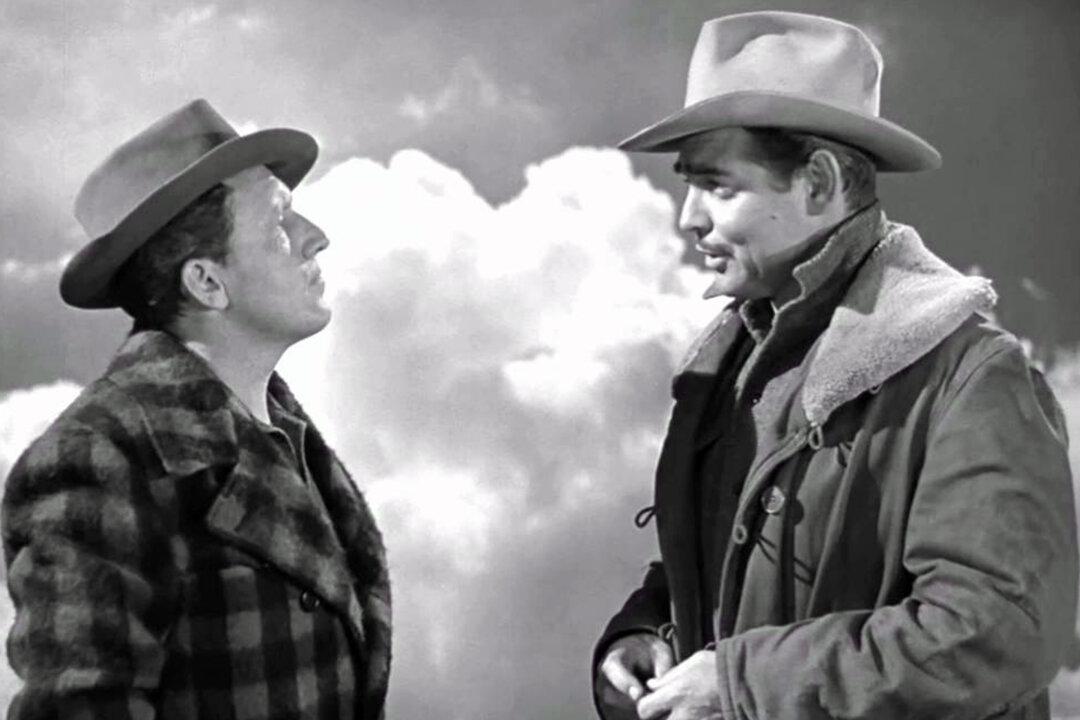NR | 1h 59m | Adventure, Drama, Romance | 1940
I stumbled upon “Boom Town” (1940), the third and final collaboration between Clark Gable and Spencer Tracy, and it was compelling enough to explore their earlier films, “San Francisco” (1936) and “Test Pilot“ (1938).






